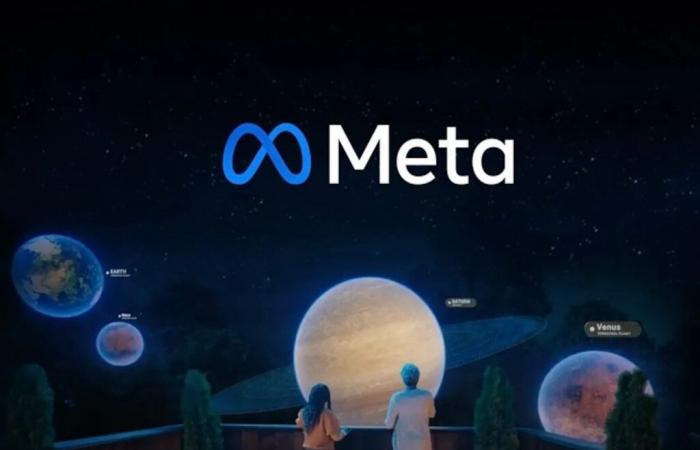Meta launched into the race for generative AI with the delicacy of an elephant in a china shop: without nuance, and doing as much damage as possible! The fad of Mark Zuckerberg's group for a year or two has been to force users of its social networks and messaging to interact with AI bots, whether they like it or not.
Fake lives, real problems
A statement ignited the powder this week, that of Connor Hayes, vice president of product for generative AI. He announced in the Financial Times that Meta had every intention of integrating profiles of AI bots pretending to be humans: “ [ils] will have bios and profile photos, and they will be able to generate and share AI-powered content on the platforms “. And it is a priority for the company.
Read AI bots will invade Facebook and Instagram
During a rather calm period in the news, this statement was repeated everywhere, including in our columns, and it circulated a lot on social networks. It illustrates how Facebook and Instagram are drifting more and more towards the dehumanization of exchanges, while their basic function is to allow humans to connect and exchange with each other. Seeing Meta bots tumbling with their big clogs on social networks is not very exciting – especially since the pollution of AI bots (spam, scams of all kinds) already exceeds the alert level.
In the wake of Connor Hayes' comments, users began to spot the behavior of several bots labeled ” an AI managed by Meta “. We can at least recognize that the company is announcing the color. Particularly caricatured bots, which share completely bogus and misleading images and texts generated by AI.
“Liv” has gone viral in recent days: this “ Proud Black Queer Mom of Two and Truth Seeker » is presented as “ your most authentic source [sic] for the ups and downs of life “. Among his publications, photos of his “children” with strange hands which are never the same from one image to another, or even a (fake) donation of clothes accompanied by an encouragement to “ help your community “. The insult added to the caricature.

However, these bots have not appeared in recent days. They have actually been present for more than a year, quite discreetly because their publications hardly make waves. Moreover, most have not posted anything since April 2024. It was not until Hayes' statement that users noticed them and despaired in the face of so much emptiness.
A Meta spokesperson, Liz Sweeney, explained that there had been confusion between the comments of the vice president of generative AI and the presence of these bots. “ The recent Financial Times article was about our vision for AI personas on our platforms in the long term, not a new product announcement», she explains to 404media. « The profiles mentioned come from a test we launched (…) in 2023. They were run by humans and were part of an early experiment we conducted with AI characters ».
In fact, these famous profiles have actually been deleted. But others will arrive, according to Meta's announcements, and nothing says that they will be more relevant or engaging. Past experience shows that it could be complicated.
Read “LLMs suck”: Meta’s AI manager tackles current generative AI, and promises much better
???? To not miss any news from 01net, follow us on Google News and WhatsApp.
Source :
404media








